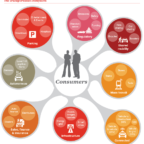
At the conclusion of World War II, the U.S. began a period of substantial economic and population growth—increasing from 151 million people in 1950 to 326 million people in 20181 . The suburbs were created, urban sprawl increased, and U.S. car culture was born. Over time, these trends accelerated, car ownership increased, and the interstate was created. A whole new way of living emerged—but one significant downside was congestion.
View this complete post...











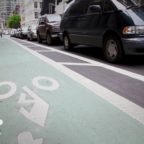
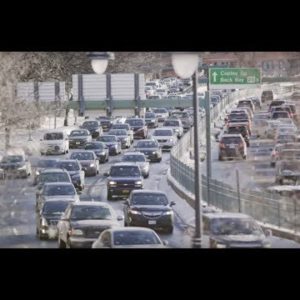
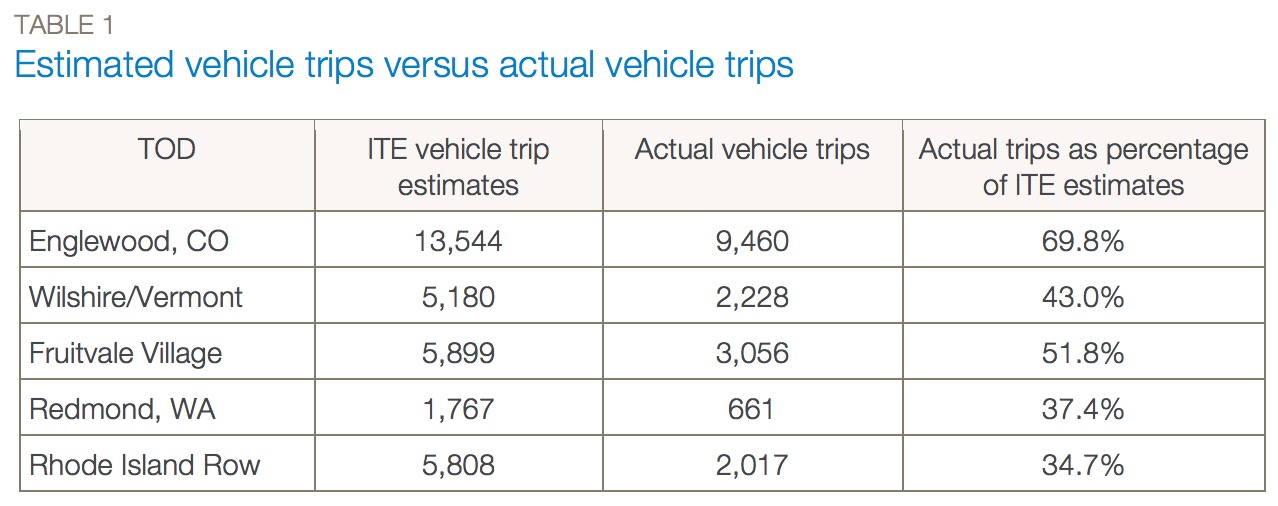
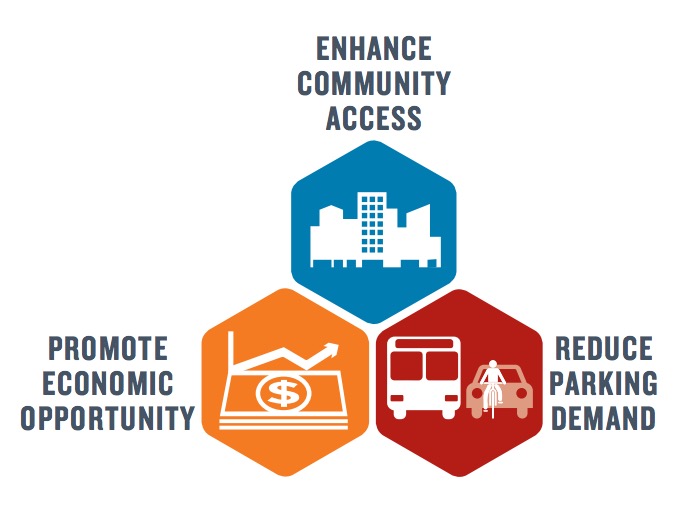
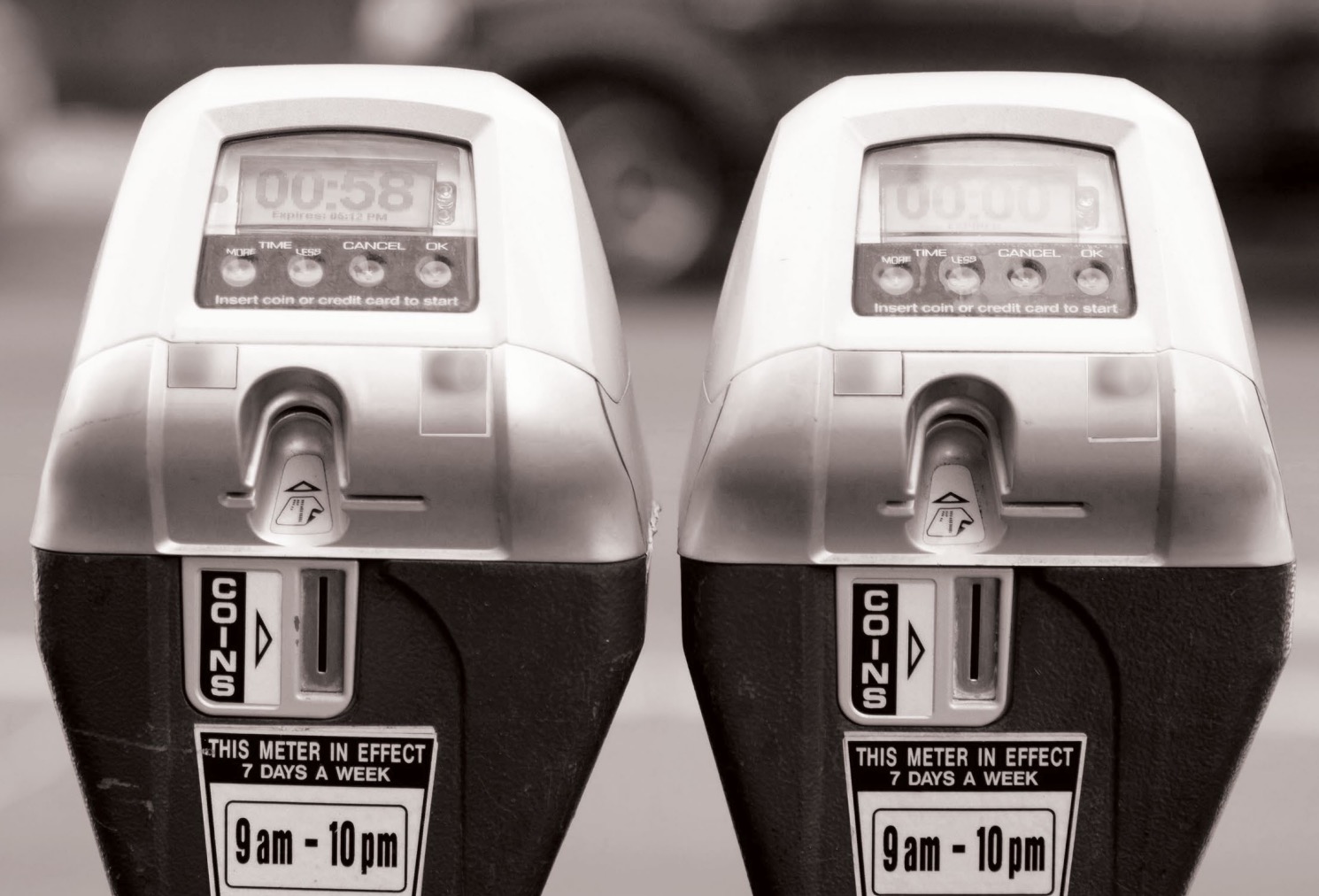
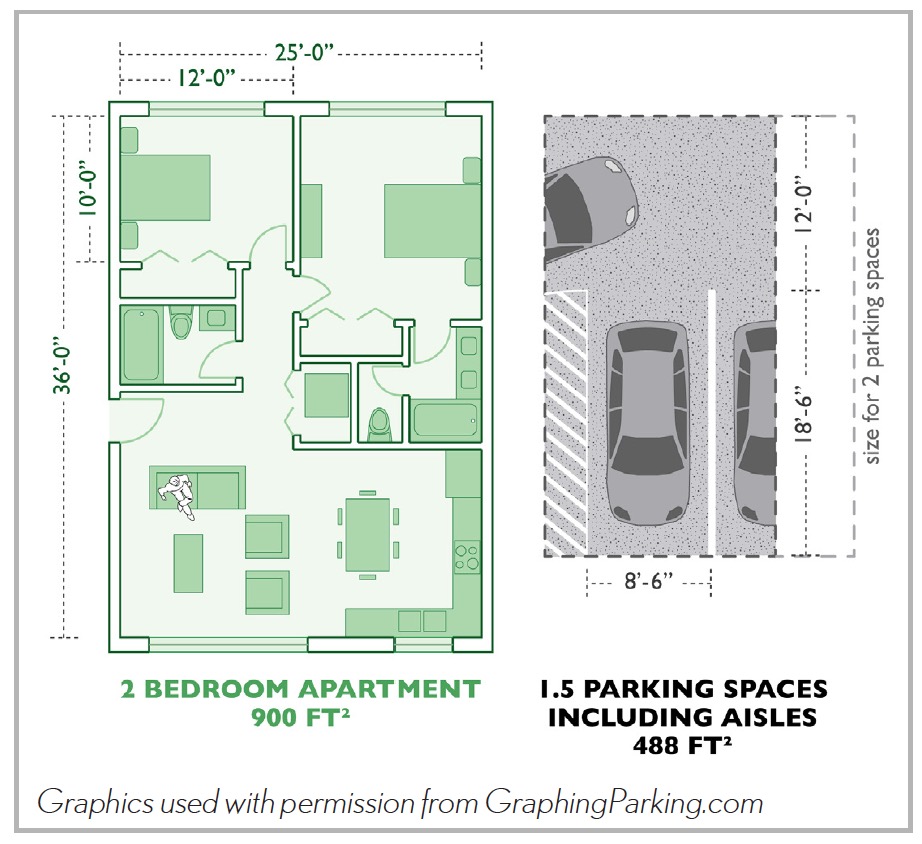

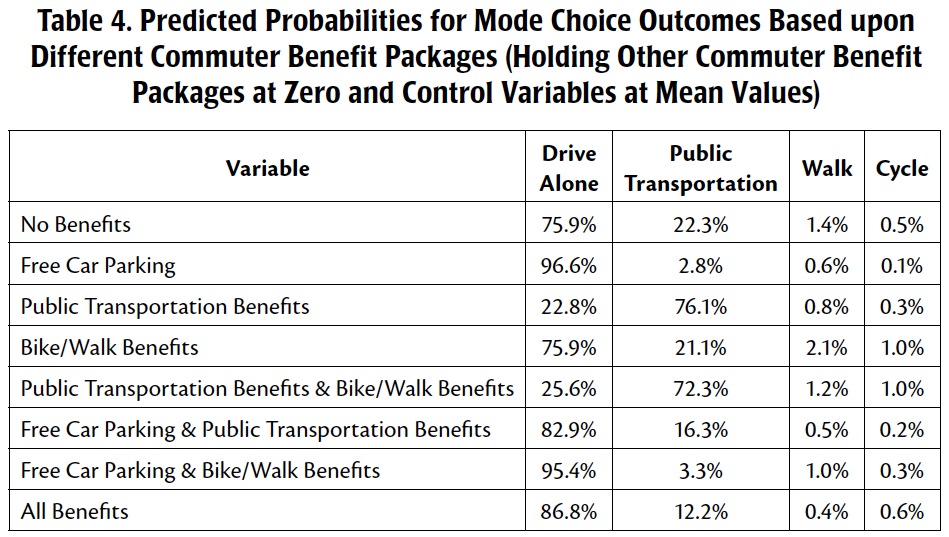
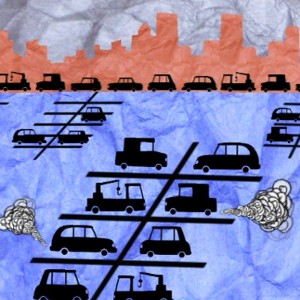

 RSS Feed
RSS Feed